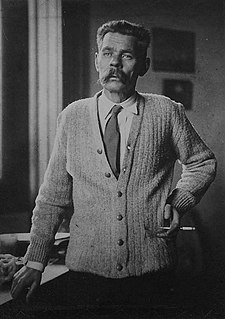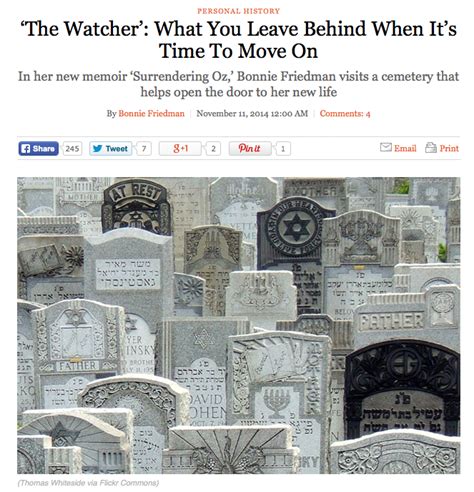A Quote by Daniel Woodrell
If you don't allow yourself to change from book to book - take chances - it turns into a dullish job with no health benefits or pension plan and only intermittent paychecks.
Related Quotes
One state retiree, 49 years old, paid, over the course of his entire career, a total of $124,000 towards his retirement pension and health benefits. What will we pay him? $3.3 million in pension payments over his life and nearly $500,000 for health care benefits - a total of $3.8m on a $120,000 investment.
You will want a book which contains not man's thoughts, but God's - not a book that may amuse you, but a book that can save you - not even a book that can instruct you, but a book on which you can venture an eternity - not only a book which can give relief to your spirit, but redemption to your soul - a book which contains salvation, and conveys it to you, one which shall at once be the Saviour's book and the sinner's.
It's so exciting when a book catches traction you didn't even expect (or completely did expect!), and so frustrating when a book never quite catches the traction you know it deserves. But either way it doesn't change the book, it doesn't change how much I love that book, or how thrilled I am to be publishing it.
Finding yourself in a hole, at the bottom of a hole, in almost total solitude, and discovering that only writing can save you. To be without the slightest subject for a book, the slightest idea for a book, is to find yourself, once again, before a book. A vast emptiness. A possible book. Before nothing. Before something like living, naked writing, like something terrible, terrible to overcome.
Obviously it's easier when I' m doing the adapting myself. But my feeling is, your potential upside far outweighs the downside. Ultimately, they [moviemakers] can't change your book. Your book remains on the shelf the way you wrote it. If they make a great movie of your book, then you have the equivalent of millions and millions of dollars of advertising for your book. If the movie's not that good, that doesn't mean the book's not good. It doesn't change what you've already written. It has the potential to reach more people.
For every Book of Job, there's a Book of Leviticus, featuring some of the most boring prose ever written. But if you were stranded on a desert island, what book would better reward long study? And has there ever been a more beautiful distillation of existential philosophy than the Book of Ecclesiastes?







































